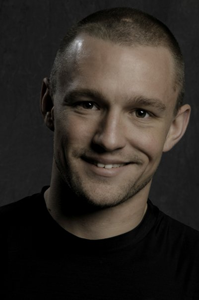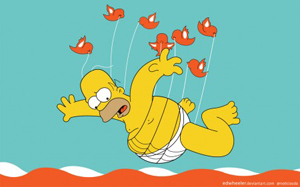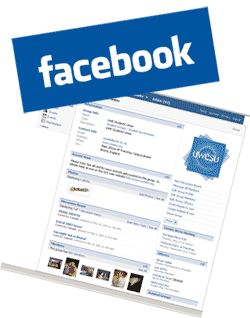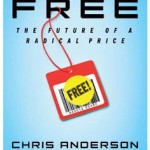 This is a guest contribution, by Nate Riggs, principal, strategy consultant, and speaker from Social Business Strategies LLC.
This is a guest contribution, by Nate Riggs, principal, strategy consultant, and speaker from Social Business Strategies LLC.
Have you Googled your name recently? What do you find? Was there something in the results you didn’t expect to find or something that surprised you?
Today, the web has become a social marketplace and with it, search engines like Google seem to deliver the first brand impression. The question is, what if anything are you doing to influence the impression being found by people searching for you?
Building Brand YOU
I was jazzed when Bryna asked me to write this post, because in my mind, building and using Brand YOU is more important now than it’s ever been.
It’s no surprise that we are moving back into an era where business is done between human beings. The alternative just wasn’t any fun. But always keep in mind that all of the great tools on the social web is what is empowering us to get back to basics and open the doors to real relationships that create opportunities for business to happen.
I want to share a few steps that I’ve followed when building out my human brand strategy and online presence. Please, take what you can and use it. Modify it and make it better. And most importantly, please teach others whenever and however you can.
Sound fair? Cool. Here we go…
Part I: Know Thyself & Build a Strategy
When I was establishing the foundation of my human brand, I spent some time reviewing what makes me me tick. One of the tools I used was developed by Katherine Cooks Briggs and her daughter, Isabel Briggs Meyers, just after WWII.
Widely respected by most psychology gurus, this assessment tool asks a series of questions designed to classify an individual’s personality into one of 16 different types, using a combination of four pairs of “dichotomies” – introversion and extroversion, sensing and intuition, thinking and feeling, judging and perceiving. You can take the assessment for free here.
Next, take what you’ve learned and try conducting a self SWOT analysis so you can outline your strengths, weaknesses, opportunities & threats. This is an age-old marketing technique looks both internal factors (like personality types) and external factors (like your competitive environment).
Try writing this SWOT out in a personal journal. In fact, get used to writing in it and then make a point to jot down a few lines every day after that. This journal is for you and you only and can be very powerful in terms of your own self-analysis.
When we humans write things down, they become real and we can begin to take ownership over our ideas. Keeping a personal daily record of your activities will help you track your progression as a person and professional.
Here’s one last important thing to write down. My friend and mentor, Artie Isaac, once had me write a list of non-negotiables. These are the things that you simply just cannot, and will not live without. Maybe you can only work a certain number of hours per week due to responsibilities as a sibling or parent. Maybe your non-negotiables have something to do with your finances, or politics or religion.
Whatever they are, recognizing what you won’t sacrifice is sometimes more important than realizing what you will. Once you have that figured out, you can being to see which rules you can bend, which rules you can break, and which rules you need in place to make sure you can play the game at all.
Does this process work for you so far? Have you discovered anything about yourself that you can apply in a brand strategy?



 Nature – We have had the most beautiful week, weather-wise, here in Belleville that we have experienced all summer. (Fall, you get my vote on favourite season. Summer, disappointing show this year.) The world is an amazing place, and nature has inspired designers, writers, and artists since time began. The
Nature – We have had the most beautiful week, weather-wise, here in Belleville that we have experienced all summer. (Fall, you get my vote on favourite season. Summer, disappointing show this year.) The world is an amazing place, and nature has inspired designers, writers, and artists since time began. The  U2
U2 Free: The Future of a Radical Price
Free: The Future of a Radical Price  Keeping close with our discussion last week about the uses of social media (SM) for non-profits, I feel there’s been enough interest that it might be useful to explore this topic further. I’ve had a lot of questions about the point of it all, and if there’s really any value in SM marketing our respective causes. My answer is a careful, “Yes.”
Keeping close with our discussion last week about the uses of social media (SM) for non-profits, I feel there’s been enough interest that it might be useful to explore this topic further. I’ve had a lot of questions about the point of it all, and if there’s really any value in SM marketing our respective causes. My answer is a careful, “Yes.”

 Yesterday I put together a small challenge telling people that if
Yesterday I put together a small challenge telling people that if  This morning I read
This morning I read 
